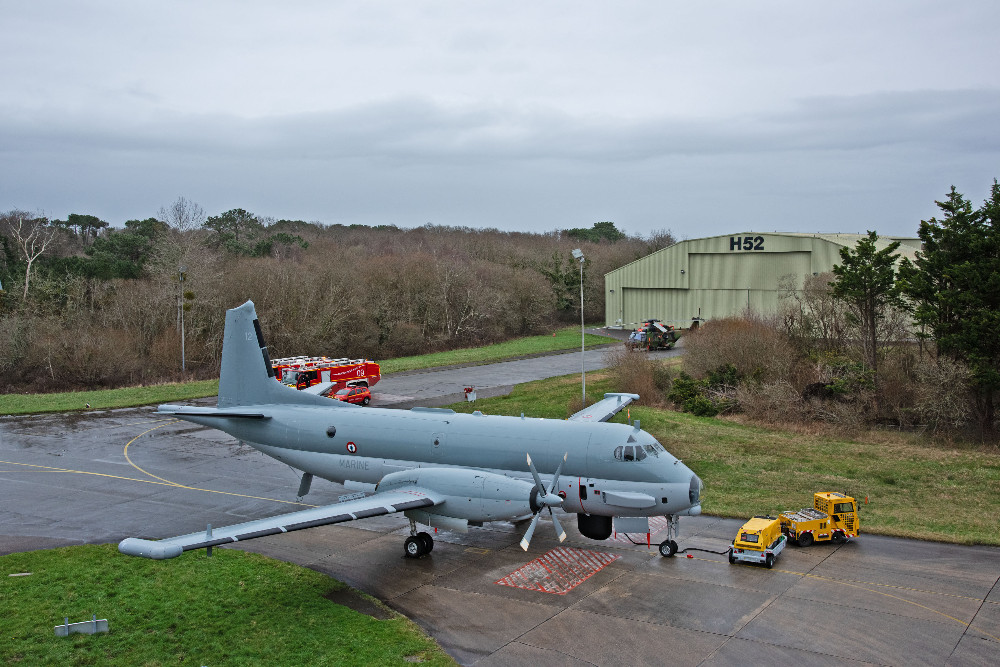The chaos of war has been with us since February 2022. We must therefore move from a tempo suited to crisis resolution to one needed to respond to frontal chaos. In turn, this means we need to think differently, of the long term, and take into account the complexity that dominates life today. We need to think again about war: that is the responsibility of the Defence Staff.
The Armed Forces in the Face of Spreading Chaos: Challenges for the Defence Staff
Translated by Michael Storey.
What had been merely a low, distant rumble since February 2022 has finally become a more palpable reality. After 40 years of peace, aggressive warfare has returned to European soil with all it offers in totality and abjection. War was unthinkable during the long period of peace in the Old Continent after the fall of the Berlin Wall and of the USSR, yet it is once again necessary for our Western democracies, European ones in particular, to face up to it. Moreover, for our military organisations, whose operations have never ceased, it is a change of pattern arising from a mutation of the scale of threats and risks—witness the war between Russia and Ukraine.
For the French forces, the prospect of wide-scale war marks a distinct change from a strategic view defined by stability and balance. The prospect of the end of war as an existential threat had gradually directed their format and model towards a kind of ‘new normality’ in which the exceptional character and uniqueness of the military corps was gradually being lost in the background of broad convergence of national policies, defence being but one among others. Using vocabulary such as high intensity, full spectrum and major commitment, the forces are today expressing their need to be able to prepare for more difficult confrontations in which the crisis-war transition and the extension of the field of conflict to all domains and environments require major changes to their operation and training and, ultimately, to the way they are committed.
Il reste 91 % de l'article à lire







